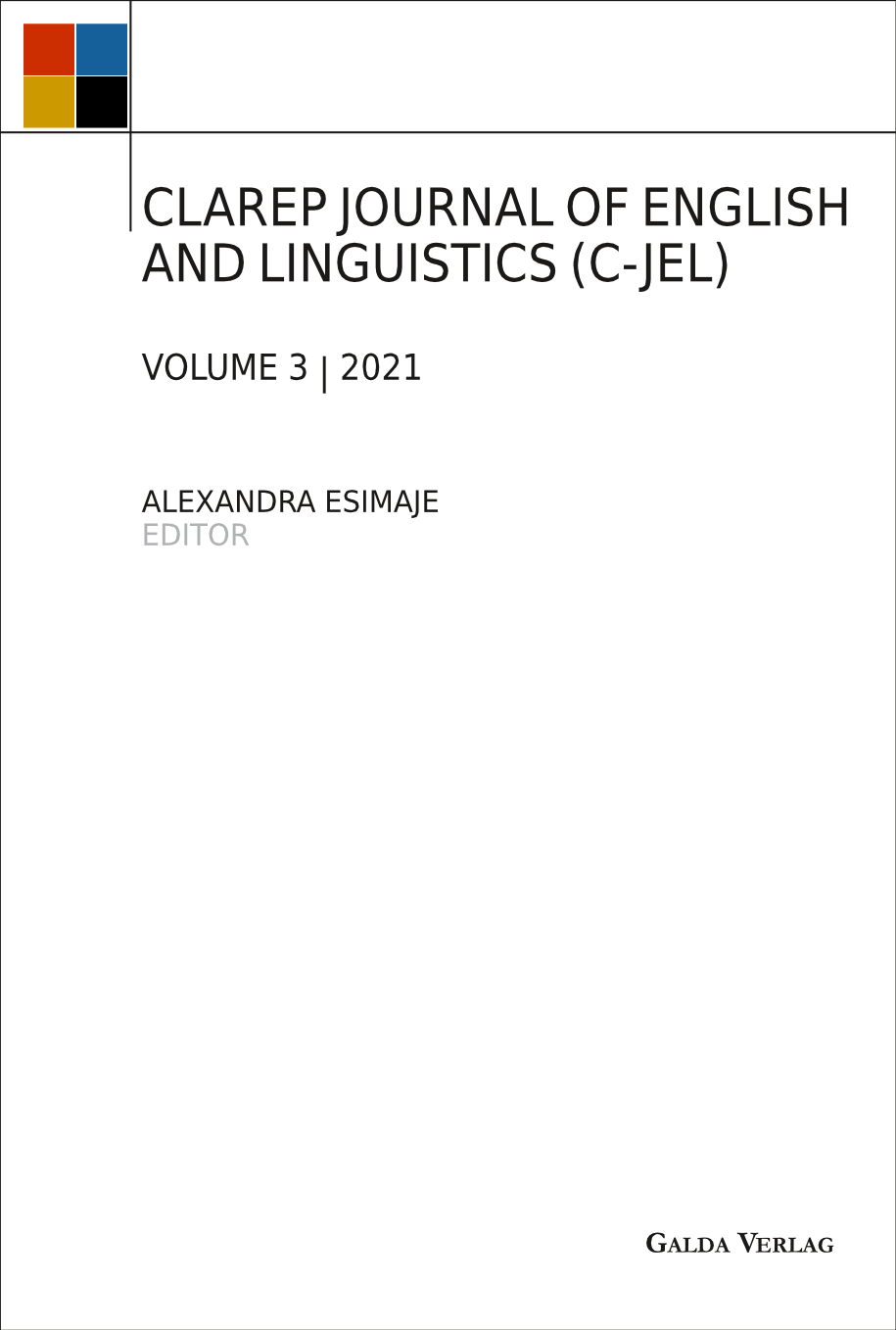Dissent as Thematic Tropes in Peter Abrahams’ Tell Freedom and Alan Paton’s Cry, the Beloved Country
CLAREP Journal of English and Linguistics (C-JEL)
Author: Beatrice Orife
Institution: Federal College of Education Technical, Asaba
Email: orifesbet@yahoo.com
Abstract
This essay examines the deployment of dissent as an aesthetic trope for social, racial and political confrontation in modern African literature. Through a close interrogation of the various socio-political indices that have impacted on the lives of the blacks in South African social space during the Apartheid regime, the paper evaluates Peter Abraham’s and Alan Paton’s resolve to stand for the dislocated black masses, taken a critical sentiment that runs counter to earliest traditions that derive their artistic bearing from western canons. Having looked at some of the historical and socio-political antecedents as well as the ideological moorings that birthed Apartheid literature, the paper attempts an evaluation of the writers’ resort to the praxis of dissent in their novels in a quest for justice and fair play in South African, and indeed, the African social space. Their adoption of the confrontational technique of dissent adumbrates the perspective under which we domiciled our critical discourse as well as assessed the writers’ desire for positive change in the society. In other words, since the writers’ mission is to interrogate issues that concern the masses, they ensure that their novels are accessible to the people. The essay deployed the indices of the sociological approach to literature in evaluating the salient themes of racial discrimination and resistance in the selected novels. This is done to foreground the inextricable relationship between literature and society. The paper concludes that, either explicitly or implicitly, the African writer uses his/her work to engage certain socio-political and cultural issues of his society as well as record them in a manner that the audience would want to react positively or negatively to the issues raised.
Keywords
dissent, trope, modern African literature, racial discrimination
Pages: 103-127
ISSN: 2698-654-X
ISBN: 978-3-96203-205-0 (Print)
ISBN: 978-3-96203-206-7 (PDF)
DOI: https://doi.org/10.56907/g01mrb88

